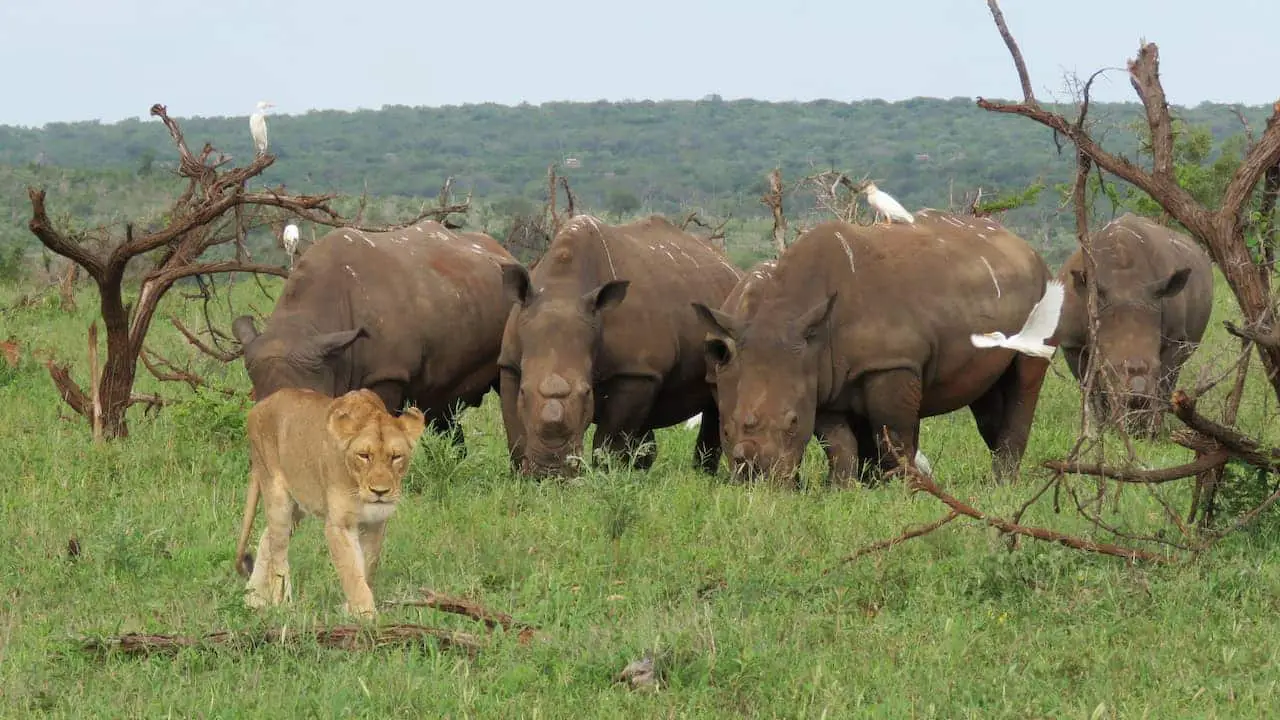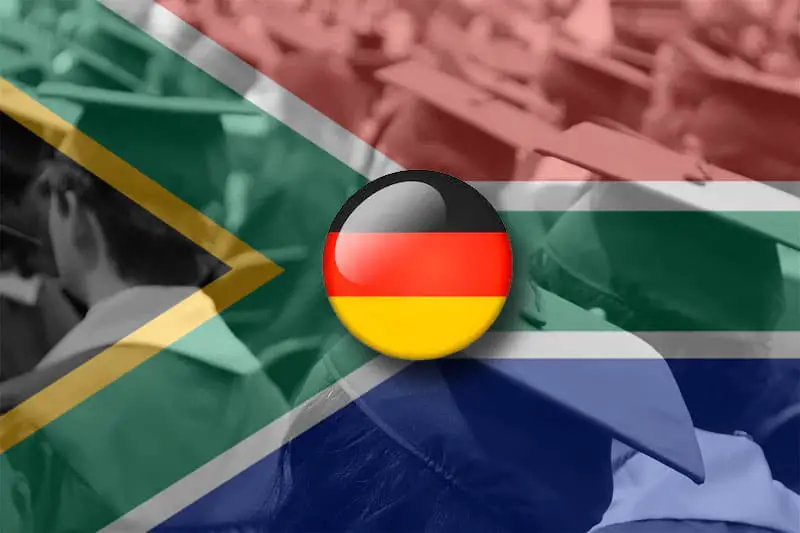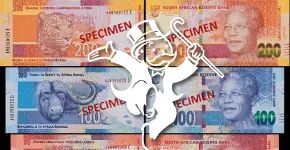SA Tourism Review Report
A panel of experts have reviewed how South African Tourism is responding to the dynamics of the national and international tourism sector and has made recommendations to guide its future strategic direction, writes Des Langkilde.
The SA Tourism Review Committee appointed by the Minister of Tourism, Derek Hanekom, in February 2015 to review the mandate, functioning, institutional and governance arrangements of SA Tourism has been released.
The Committee was comprised of Mavuso Msimang (Director at SAAB Grintek / CEO at SANParks), Tanya Abrahamse (CEO at SANBI), Nunu Ntshingila-Njeke (Chairman at Ogilvy South Africa), Kate Rivett-Carnac (Kate Rivett-Carnac Consulting), Jeanine Pires (Brazilian Ministry – 2016 Olympic and Paralympic Games), Crispian Olver as Deputy Chair (CEO at Linkd Environmental Services), and Chaired by Valli Moosa (Chairman of Sun International Limited).
Announcing the release of the report, Minister Hanekom said “I am satisfied that the review panel has achieved its objectives and fulfilled its mandate. The panel’s recommendations will help the country to grow its competitive edge in the global tourism marketplace, and will also promote domestic tourism.”
The report ‘SA Tourism Review: Report of the Expert Panel, June 2015’ states that “The overwhelming majority of stakeholders surveyed believe that SA Tourism could improve its performance in executing its mandate. Stakeholders are widely sceptical about the veracity of the data that comes out of Statistics South Africa which forms the basis for SA Tourism’s own analysis of international tourist arrivals. New data sources must be found to create a completer picture of international arrivals to South Africa, one that is both in line with global definitions, and meaningful to industry.” The report also acknowledges that the new immigration regulations is “of concern.”
A full list of recommendations is provided in Annexure A of the Report. Below is a brief summary of some of the key recommendations:
The Role and Mandate of South African Tourism
• Greater collaboration with the private sector to increase South Africa’s global tourism market share.
• A new institutional home for the Tourism Grading Council of South Africa.
• Review of certain aspects of SA Tourism’s organisational development and design, including the country office model, to enhance effective delivery of the marketing mandate.
International Marketing
• Handing over the management of Indaba to an independent operator, given that industry is now actively and successfully operating in this space (as evidenced by WTM Africa), and the drain that Indaba places on SA Tourism resources.
• Review its practices for buyer selection and participation at international tourism shows (particularly of provinces and cities, and its own large travel delegations).
Domestic Tourism
• Address fragmentation by applying one brand strategy across international and domestic markets.
• Launch a new ‘tourism nation’ campaign, particularly post-xenophobia attacks. The Welcome campaign is an example of such a campaign.
South African National Convention Bureau (SANCB)
• Improve research and analysis for business tourism, including data from business events attendees (SANCB is in a position to get significant data through surveys of attendees at events).
• Maximise linkages between business and leisure tourism. Within the various strategies, plans, and research, there is no indication that this area has received any attention.
Institutional positioning and partnerships
• SA Tourism needs to work in a way that is fundamentally collaborative, where collaboration is a value and measure for the organisation.
• The role and function of the TBCSA as an overarching voice for the private sector of tourism is also mentioned.
Budget and Finance
• Provide NDT and National Treasury with a much clearer business case for investment in marketing, and consistently make the economic argument for budget allocations.
• Develop a clear strategy to improve collection of the TOMSA levy which includes demonstrating value for money.
Governance, Performance Management and Monitoring
• The Board of SA Tourism should co-opt additional specialist tourism marketing skills through subcommittees and ad hoc advisory committees to advise the Board on particular issues.
• An annual performance review should be conducted of the Board and its committees, including the extent to which it members contribute to its effectiveness.
• Organisational and Executive performance management reviews must be based on objective measures, and made public.
In conclusion, Minister Hanekom said a fully optimised SA Tourism is essential for the transformation and sustainable growth of the sector, and for tourism to achieve the National Development Goal target of creating 225 000 jobs by 2020.
The full report can be downloaded HERE.





